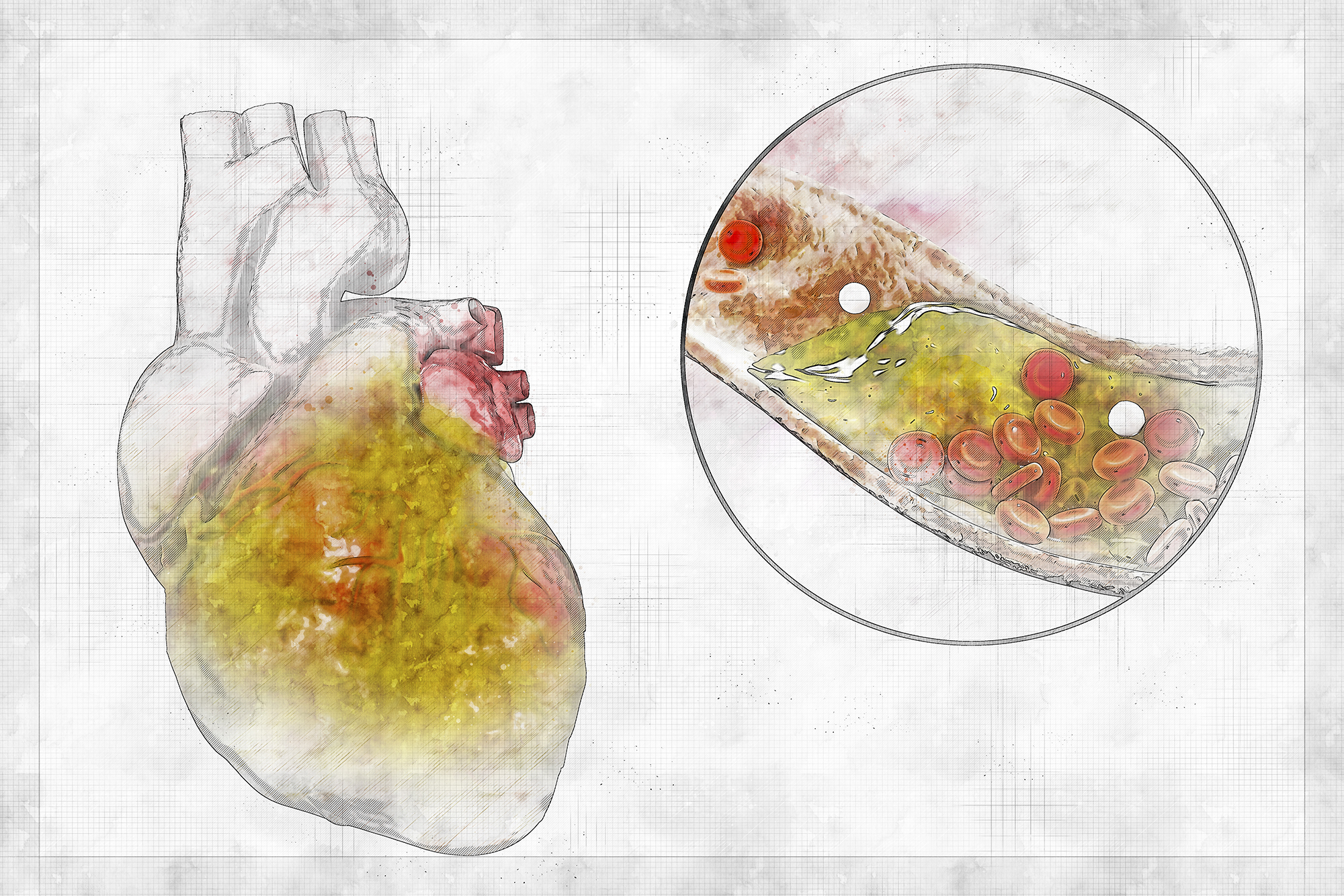2 min. read
A pioneering preclinical study shows that CAR T cell therapy—a personalized form of immunotherapy used in cancer treatment—could be a highly effective tool against atherosclerosis, the condition where a buildup of plaque in the arteries reduces blood flow, leading to heart attacks and strokes. When tested in animal models, the experimental CAR T cells blocked inflammation in arteries, preventing more than two-thirds of the plaque buildup seen in untreated controls. The research, led by scientists in the Perelman School of Medicine, is published in Circulation.
“Our study shows for the first time how CAR T cell technology could be used to treat the underlying cause of the most common form of heart disease, which is the leading cause of death worldwide,” said senior author Avery Posey, an assistant professor of pharmacology. “This preclinical finding represents an important step forward for continuing to expand the impact of CAR T cell therapy to common diseases beyond cancer.”
Atherosclerosis underlies ischemic heart disease and stroke, which together kill tens of millions globally each year. Available treatments include medications to reduce low-density lipoprotein (LDL) cholesterol, which causes the build-up of plaque, and lifestyle modifications to reduce the risk of disease. Although atherosclerosis is largely driven by inflammation, there are no approved treatments that specifically target atherosclerotic inflammation, and previous clinical trials of anti-inflammatory drugs have not panned out.
“The idea that therapy targeted to inflammation within the arterial wall can reduce the risk of atherosclerotic cardiovascular disease is compelling” says co-author Daniel J. Rader, an expert on lipids and atherosclerosis and chair of the Department of Genetics. “The use of a CAR T approach to target the proinflammatory molecule oxLDL could provide an important complementary treatment approach to reducing the high residual risk of atherosclerotic cardiovascular disease in patients on effective cholesterol-lowering therapy.”
Researchers do not anticipate that CAR T cell therapy, should the approach prove successful in clinical trials, would replace existing treatments when they’re working well for patients. Rather, it could become another tool for patients who need additional or alternative treatment options.
Read more at Penn Medicine News.
Meagan Raeke
(From left) Doctoral student Hannah Yamagata, research assistant professor Kushol Gupta, and postdoctoral fellow Marshall Padilla holding 3D-printed models of nanoparticles.
(Image: Bella Ciervo)
Nov 12, 2025
Jin Liu, Penn’s newest economics faculty member, specializes in international trade.
nocred
Nov 7, 2025
nocred
Nov 11, 2025
nocred
Nov 4, 2025











